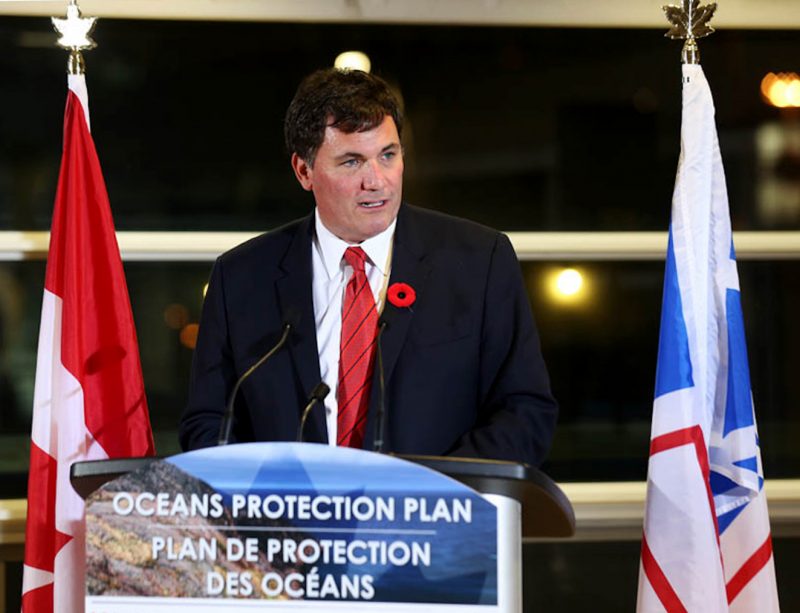Low risk of viral transfer from farmed salmon to wild sockeye, says DFO
Report is the first in a series that will assess the risk of pathogen transfer associated with aquaculture activities to wild fish and the environment
By SeaWest News
A new report by Fisheries and Oceans Canada has found that there are only minimal risks to the wild Fraser River sockeye salmon populations due to the transfer of IHNV from Atlantic farmed salmon in the Discovery Islands.
This report is the first in a series that will assess the risk of pathogen transfer associated with aquaculture activities to wild fish and the environment in the Discovery Islands.
Infectious Hematopoietic Necrosis Virus (IHNV) is native to the Pacific Ocean environment and while it occurs in wild salmon, farmed Atlantic salmon are more susceptible to the disease.
Current fish health management practices such as vaccination and eradication of infected fish, help to minimize the risk said the Department of Fisheries and Oceans (DFO).
“Our government is committed to sound science. We use scientific advice when making decisions affecting fish stocks and ecosystem management, and this risk assessment provides clear, scientific information to help us do that,” said Dominic LeBlanc, Minister of Fisheries, Oceans and the Canadian Coast Guard.
The peer review group for this report was made up of 39 experts from various disciplines selected for their expertise and knowledge. The participants included scientific expertise from DFO, provinces, academia (Canada and International), Indigenous peoples, and stakeholders.
Meanwhile, BC salmon farmers are welcoming a provincial government review of science and best practices with respect to fish processing and Integrated Pest Management Regulations.
“Our members operate five of the 35 fish processing plants authorized for wastewater discharge in B.C., and we agree with government that permitting should be based on the best available science and best practices in other jurisdictions,” said BC Salmon Farmers Association Executive Director Jeremy Dunn.
The BCSFA formed a technical committee last month to review current practices in facilities processing farm-raised salmon and best practices in other parts of the world, and findings will be shared with government.
Currently, all BCSFA member facilities are operating under wastewater discharge permits issued by the B.C. Ministry of Environment.
“All aspects of salmon farming, including the use of sea lice management products, are guided by the best available science in a precautionary way to minimize negative effects on the environment,” added Dunn.
“Fish health plans are also guided by standards set out in third-party certification programs that request organic and non-medicinal sea lice mitigation.”
Farm-raised salmon is B.C.’s highest valued seafood product, the province’s top agricultural export, and generates over $1.5-billion towards the B.C. economy, resulting in over 6,600 jobs.
The BC Salmon Farmers Association represents 52 businesses and organizations throughout the value chain of finfish aquaculture in B.C. Our members account for over 95% of the annual provincial harvest of farm-raised salmon, 100% of the salmon feed produced in B.C., and most of the service and suppliers involved in ensuring that over $700-million (2016 value) of salmon raised in B.C. gets to domestic and global markets.

